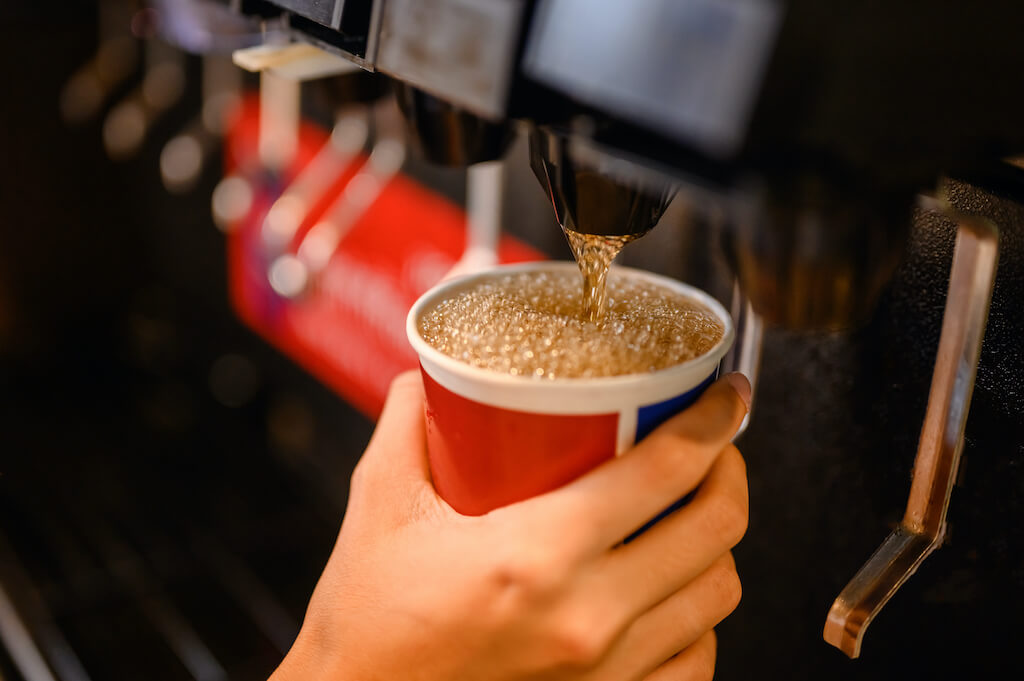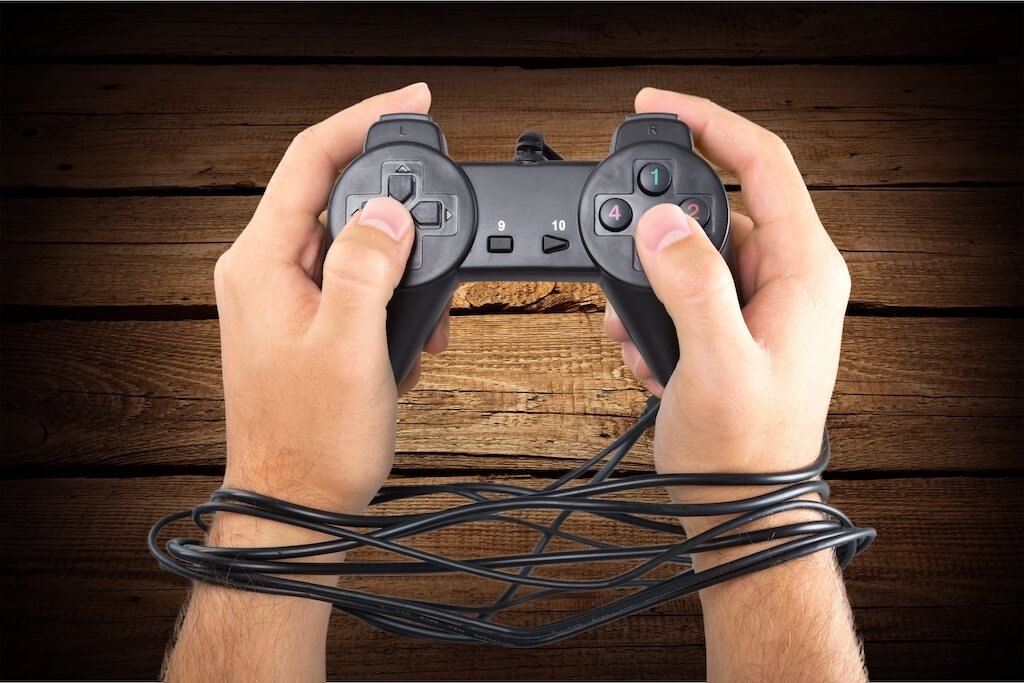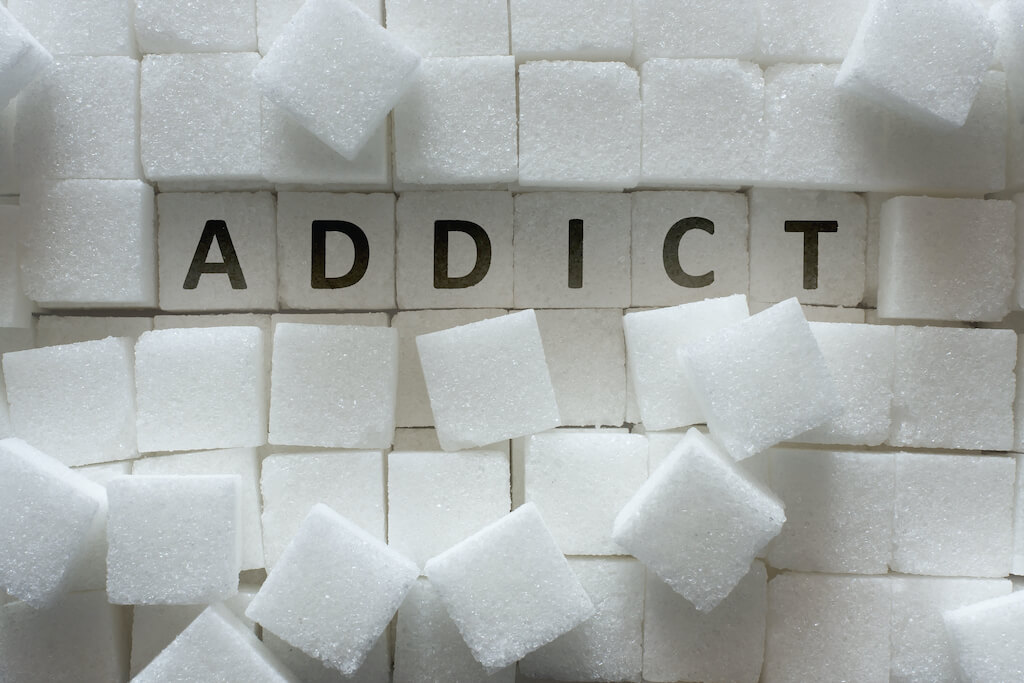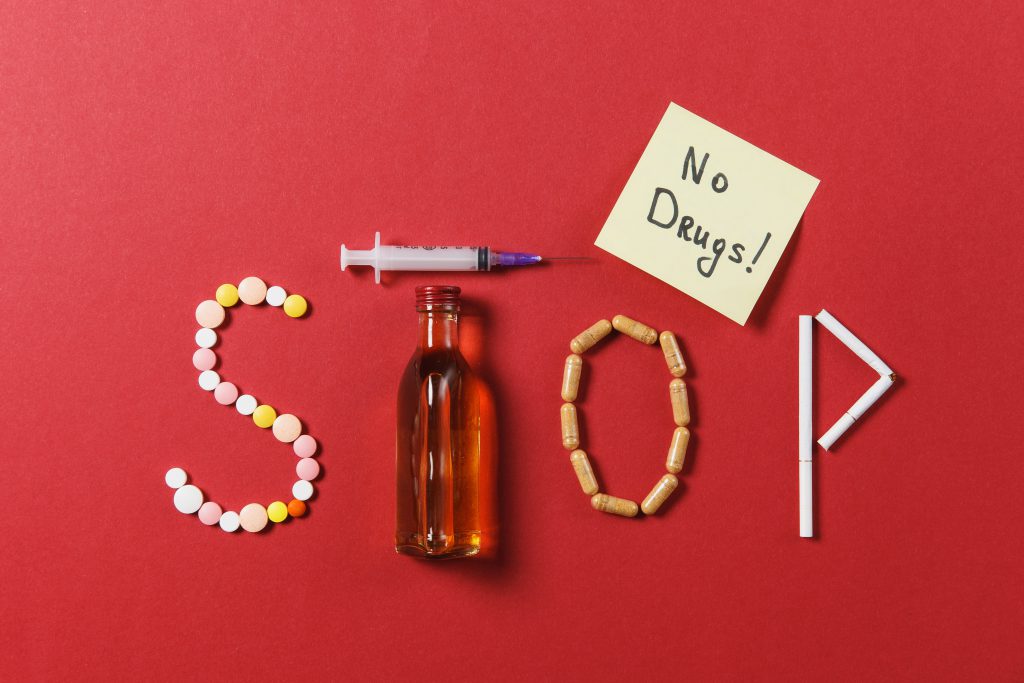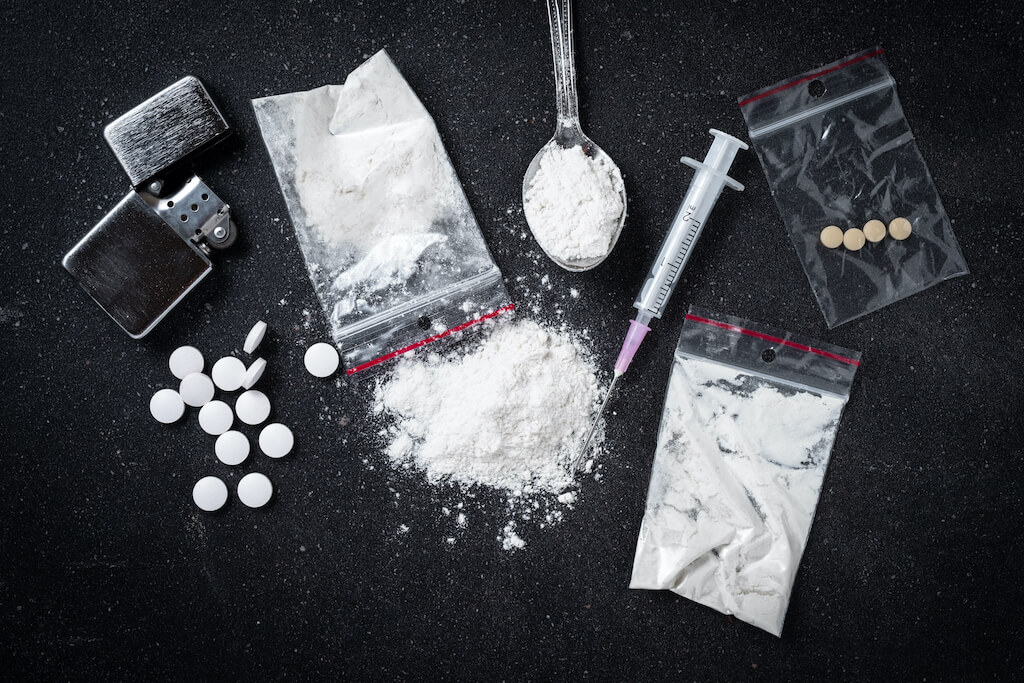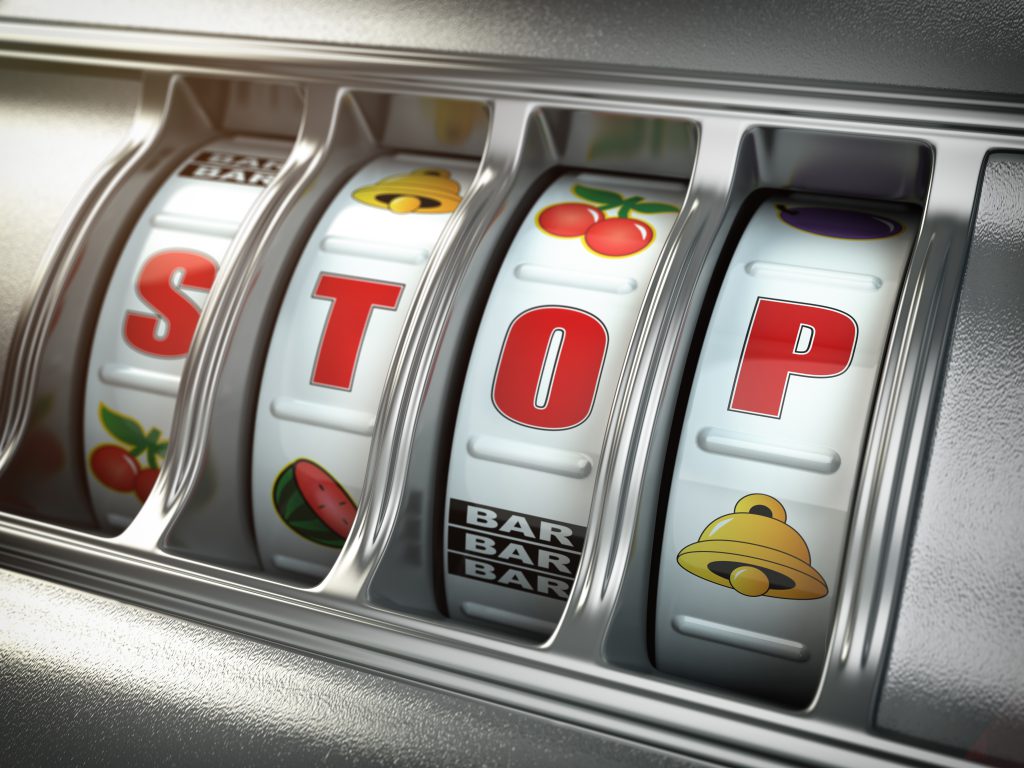Drug addiction is a complex, multi-faceted problem affecting individuals of all backgrounds. Recreational drugs, in particular, hold a powerful allure, leading many down a path of dependency and seeking ways to break free from their destructive grip. In this article, we will explore the top reasons behind recreational drug addiction, the consequences it can have on individuals and society, and how self-hypnosis can play a pivotal role in overcoming this addiction. Furthermore, we will outline practical steps for utilizing self-hypnosis to facilitate a successful journey towards freedom from recreational drugs.
Understanding the Top Reasons Behind Recreational Drug Addiction
Pleasure and Escapism: One of the main reasons individuals turn to recreational drugs is for the intense pleasure or escape they provide. The euphoric effects of drugs create a temporary respite from reality and everyday pressures, often becoming a means of coping with stress, emotional pain, or boredom.
Curiosity and Peer Influence: The desire to experiment and the influence of friends and peers can drive individuals towards recreational drug use. Curiosity about altered states of consciousness and the belief that drug use will enhance social experiences can lead to addiction.
Mental Health Issues: In some cases, individuals may turn to recreational drugs as a form of self-medication for underlying mental health issues, such as depression, anxiety, or trauma. Drugs can temporarily alleviate symptoms, further perpetuating the cycle of addiction.
Consequences of Recreational Drug Addiction
Physical and Psychological Health Risks: Recreational drug addiction can have severe health consequences, ranging from organ damage and increased risk of infectious diseases to mental health disorders, cognitive impairment, and even overdose. Long-term drug use can deteriorate both physical and psychological well-being.
Impaired Personal and Social Functioning: Addiction to recreational drugs can disrupt personal relationships, education, employment, and overall societal functioning. Individuals may experience financial strain, legal issues, and a deterioration in their ability to fulfill responsibilities and goals.
Social Stigma and Isolation: The societal stigma associated with drug addiction can lead to isolation, further exacerbating the challenges faced by individuals seeking recovery. The fear of judgment and rejection often prevents individuals from seeking help, perpetuating their cycle of addiction.
How Can Self-Hypnosis Help with Recreational Drug Addiction?
Rewiring the Subconscious Mind: Self-hypnosis allows individuals to access the subconscious mind, where deeply ingrained beliefs, habits, and emotions reside. Through self-hypnosis techniques, individuals can reprogram their subconscious patterns associated with recreational drug addiction and replace them with healthier alternatives.
Addressing Underlying Emotional Triggers: Self-hypnosis facilitates the exploration and identification of emotional triggers that fuel addictive behaviors. By delving into the root causes of addiction, individuals can develop healthier coping mechanisms to manage emotional pain, reducing their reliance on drugs.
Strengthening Willpower and Motivation: Self-hypnosis empowers individuals to strengthen their willpower, motivation, and determination to overcome recreational drug addiction. By accessing the subconscious mind, self-hypnosis facilitates the development of a positive mindset, enhanced self-control, and resilience in resisting drug cravings.
Enhancing Self-Awareness: Self-hypnosis increases self-awareness, enabling individuals to recognize patterns, thoughts, or emotions that contribute to their addiction. This heightened self-awareness allows for the implementation of healthier choices and an increased ability to challenge and modify addictive behaviors.
Steps to Overcoming Recreational Drug Addiction with Self-Hypnosis:
Acknowledge the Problem and Make a Commitment: Recognize and admit the presence of recreational drug addiction while making a firm commitment to undertaking the journey towards recovery. Embrace the belief that self-hypnosis can be a powerful tool in breaking free from the chains of addiction.
Educate Yourself: Research and gather knowledge about self-hypnosis techniques specifically tailored to overcoming drug addiction. Seek out reputable self-hypnosis programs, therapy resources, or professionals experienced in addiction recovery.
Establish a Self-Hypnosis Routine: Create a structured self-hypnosis routine, allocating dedicated time each day for practice. Find a quiet and comfortable space where you can relax and focus your attention solely on the self-hypnosis process.
Utilize Guided Self-Hypnosis: Engage in self-hypnosis audio recordings or scripted sessions specifically designed to address recreational drug addiction. Allow the guided instructions, visualizations, and positive affirmations to permeate your subconscious, fostering positive change.
Maintain Consistency and Patience: Overcoming recreational drug addiction requires consistency, patience, and self-compassion. Recognize that progress may not be linear, and setbacks may occur. Stay committed to self-hypnosis, seek support when needed, and celebrate each step forward on this transformative journey.
Conclusion
Recreational drug addiction can have devastating consequences on individuals and society, but with the power of self-hypnosis, it is possible to break free from its chains. By understanding the reasons behind recreational drug addiction, recognizing its consequences, and consciously employing self-hypnosis techniques, individuals can reprogram their minds, address emotional triggers, and embark on a journey towards freedom. By utilizing self-awareness, commitment, and a consistent self-hypnosis routine, individuals can regain control over their lives, heal from addiction, and embrace a healthier, drug-free future.


